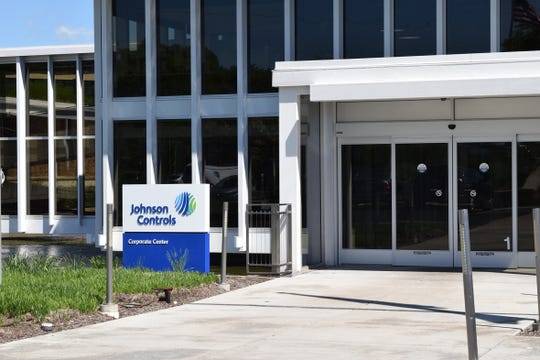Wisconsin residents concerned over PFAS contamination on farm fields
By Danielle Kaeding | Wisconsin Public Radio | September 24, 2019

Read the full article by Danielle Kaeding (Wisconsin Public Radio)
“People in the Marinette and Peshtigo area voiced concerns last week about PFAS contamination stemming from treated sewage sludge spread on farm fields.
The meeting, held by the Wisconsin Department of Natural Resources, was the first in a series of six listening sessions on contamination resulting from per- and polyfluoroalkyl substances known as PFAS. The agency considers the largest source of contamination to have spread from firefighting foam used at Tyco Fire Product’s fire training facility.
‘People have concerns about the private wells in that area and whether or not they’re impacted,’ said Christine Haag, director of the DNR’s Remediation and Redevelopment Program. ‘They have concerns about crops grown in that area, concerns about wildlife and consumption of wildlife like deer.’
In July, the agency sent a letter to Johnson Controls International, the parent company of Tyco, directing them to test more private wells and soil on farmland in the area for PFAS after the city of Marinette informed the DNR that significant levels of the chemicals were found in its treated sewage sludge or biosolids. The company was required to submit a site investigation work plan earlier this month.
However, Johnson Controls has said it will only move forward once it can sit down with the DNR’s top officials to discuss the matter. The company said other sources of contamination are likely since the city found PFAS contamination in all five of the treatment plant’s intake lines while Tyco’s training facility only has access to three of the lines…
In the interim, Perkins said the company suspended all foam wastewater discharges to the city’s treatment plant in March last year and spent around $1 million to seal its lines leading to the facility. In addition, Tyco is spending around $3 million to treat and dispose of biosolids the city has been holding since 2017 in the next two weeks…
‘The DNR is going to evaluate other sources, but Johnson Controls is a responsible party. It’s difficult for the DNR to understand who else might be involved in this or might also be a responsible party without having any data,’ she said. ‘It needs to start with JCI’s investigation of those fields and those private drinking water wells. We’ll evaluate the data and move from there.’
Community members also posed questions to the agency about the DNR’s sampling of foam, as well as long-term solutions to provide safe drinking water. Perkins said the company hopes to install a municipal water line from the city of Marinette to the Town of Peshtigo by the end of 2020. Yet, he noted the move still requires the support of surrounding communities. Town officials have asked the company to consider deep water wells as an alternative source of drinking water.
‘We’ve always stood behind our responsibilities as evidenced by the number of voluntary activities we’ve undertaken in the last two-and-a-half years. We intend to do so,’ said Perkins. ‘Still, our number one priority for the area is to ensure that there is a clean, sustainable drinking water solution for the affected residents.’
The DNR asked the company to submit an analysis of options for providing a long-term water supply that evaluates the feasibility of alternatives. The agency is currently in the process of evaluating them.
Johnson Controls has sampled 168 private wells and 58 have tested positive for PFAS, according to figures provided by the DNR. The company has said it has been providing bottled water to 125 residents since November 2017 and installed over 38 water treatment systems at homes with higher levels of PFAS.”
This content provided by the PFAS Project.
Location:
Topics: